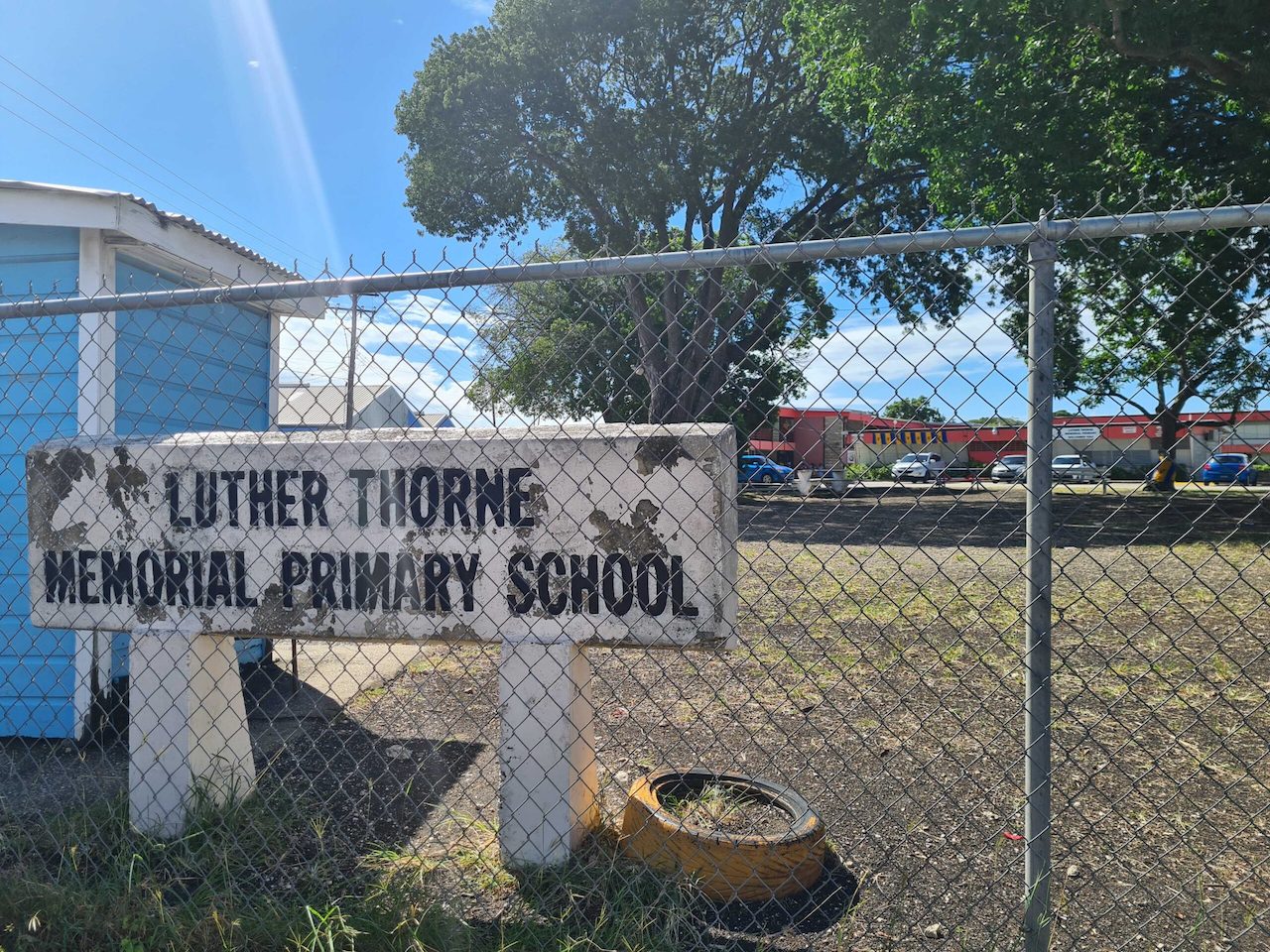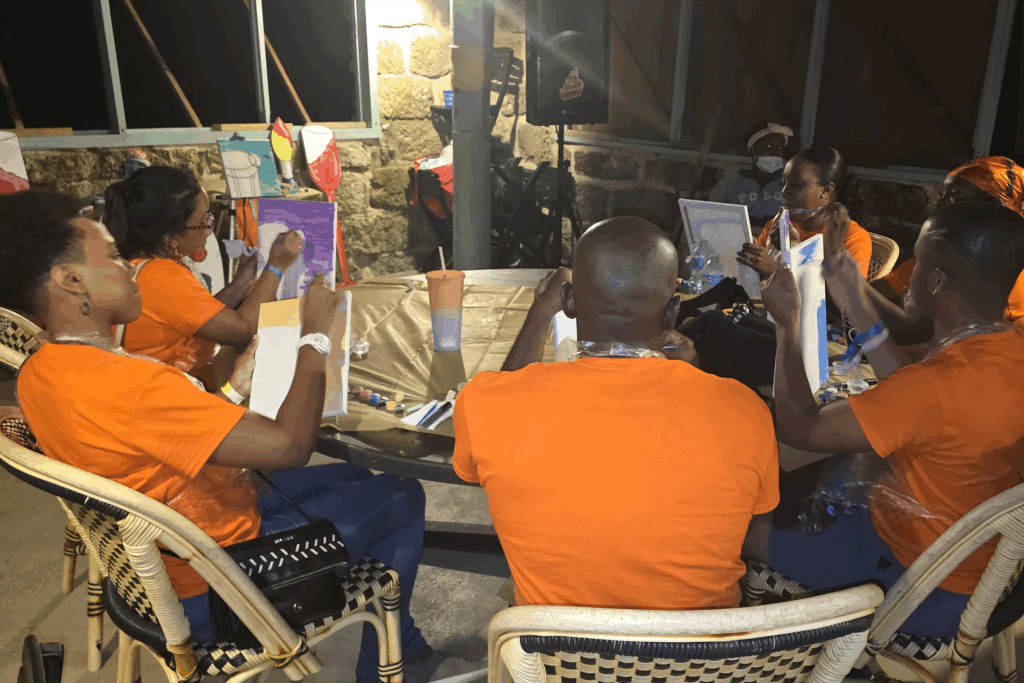A tragic plane crash in Florida claimed the lives of a father and daughter who were en route to Jamaica on a humanitarian mission to aid hurricane victims. Alexander Wurm, 53, and his 22-year-old daughter, Serena Wurm, died when their aircraft plunged into a waterway in Coral Springs, a suburb of Fort Lauderdale, shortly after takeoff on Monday. The National Transportation Safety Board has launched an investigation into the incident. The plane, which departed from Fort Lauderdale Executive Airport, was destined for Sangster International Airport in Montego Bay, Jamaica. Officials confirmed that the aircraft struck trees before entering the water, but no injuries were reported on the ground. The Wurms were members of the Ignite the Fire Ministry, which released a statement honoring their legacy of service and compassion. Alexander was described as a devoted humanitarian who traveled globally to support those in need, while Serena was praised for her empathy and commitment to humanitarian work. They are survived by their wife and mother, Candace, and their two children, James, 17, and Christiana, 20. The crash occurred amid ongoing relief efforts in Jamaica, which continues to grapple with the aftermath of Hurricane Melissa, a Category 5 storm that caused widespread devastation last month. According to the United Nations Development Programme, the hurricane has left over 4.8 million tons of debris, severely hindering recovery efforts and access to essential services.
博客
-

Fear, Hate, Anger: A toxic mixture
The adversarial nature of contemporary Western politics starkly contrasts with the ancient traditions of communal dialogue and consensus-building. In African villages, disputes were resolved not through divisive debates but within a circle, where a talking stick facilitated respectful listening and dialogue. This process aimed at uncovering the best solutions for the community, devoid of the winner-loser dichotomy that plagues modern politics. Today, our political landscape thrives on fear, hatred, and anger—elements that, while effective in mobilizing people, are equally destructive to societal cohesion. Political parties, in essence, have become modern tribes, perpetuating division under the guise of governance. The recent opposition to the Age of Civil Responsibility Bill (ACR) exemplifies this toxic dynamic. Critics have resorted to emotional outbursts, alarmist rhetoric, and nativist appeals, portraying the government as deceitful and inciting public panic. This strategy, rooted in the primal fear response governed by the amygdala, exploits our instinctual reactions rather than fostering rational discourse. The ACR Bill, designed to address the adolescent reproductive health crisis across the Caribbean, transcends partisan politics. It is a pressing issue that demands collective action, yet the political arena remains mired in bickering and opportunism. This erosion of moral guidance in national discourse has dire consequences, particularly for the welfare of young people. As Tonia Frame, President of the Grenada Planned Parenthood Association (GPPA), and Fred Nunes, Consultant at Advocates for Safe Parenthood: Improving Reproductive Equity (ASPIRE), emphasize, the loss of this moral compass has led us down a path of self-destruction. The time has come to reclaim the principles of unity and dialogue, prioritizing the well-being of our communities over political gain.








